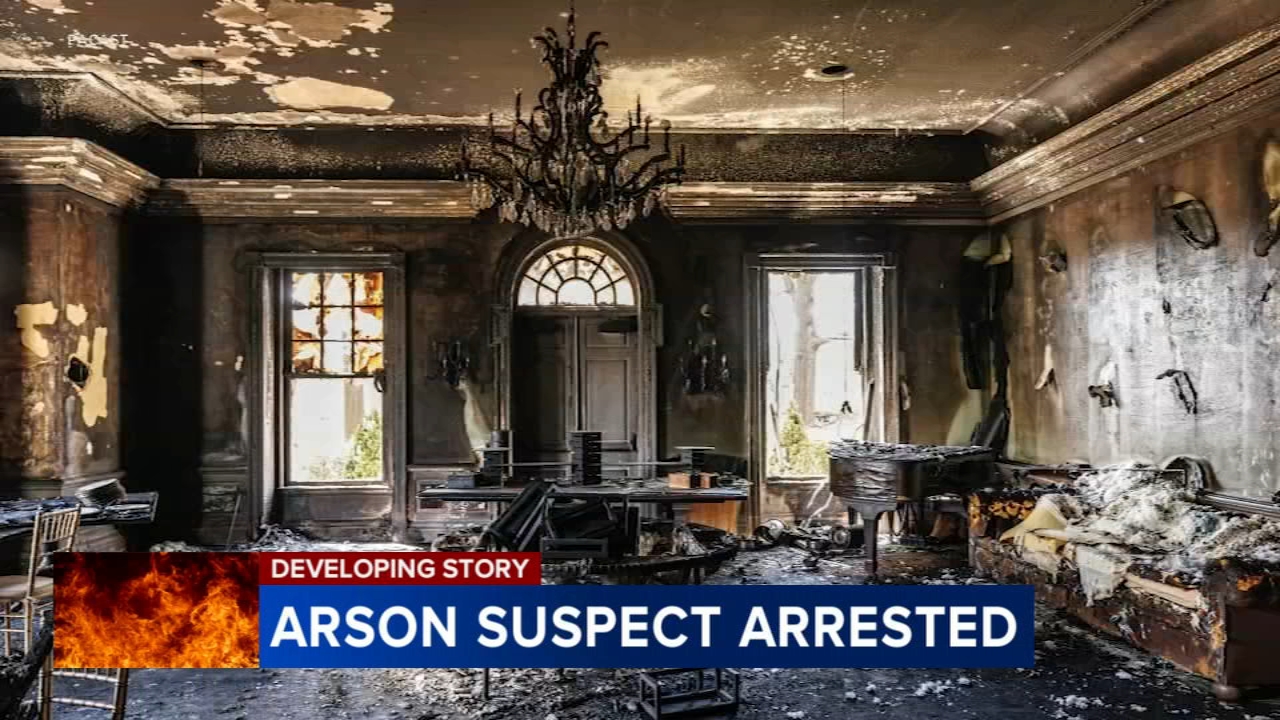Top Democrat has questions for encrypted messaging applications in House Russia probe

The top Democrat on the House Intelligence Committee is seeking subpoenas to crack into encrypted messaging technology used by Trump associates during the 2016 campaign, the latest example of the obstacles imposed by emerging technology in the ongoing investigations in Russian election meddling.
Republican committee leaders have so far been unwilling to force companies that provided encrypted messaging services to Trump aides to provide information about any back channel communications or metadata from key witnesses, Rep. Adam Schiff, D-California, the Ranking Member of the committee, said this week.
"To be credible, the Russia investigation cannot simply take witnesses at their word, or accept baseless assertions of privilege where none apply," Schiff said in a statement. "Instead, the Committee must verify assertions made by witnesses in testimony, compel testimony as well as the full production of responsive documents, and, where necessary, move to enforce subpoenas."
Congressional investigators are interested in reviewing data from encrypted messaging applications as they seek to investigate allegations of collusion between the Trump campaign and Russia.
The specific companies congressional Democrats want to question include WhatsApp, Telegram, Signal and SnapChat, according to a Democratic committee source.
A Republican committee aide did not immediately respond to a request to comment on Democrats' request.
ABC News reached out to all four companies for comment. A representative for Snap, the social media company behind SnapChat, declined to comment. Telegram and Signal did not respond to a request for comment, and a representative for Facebook, which owns WhatsApp, did not immediately respond to a request for comment.
Schiff's request for additional lines of inquiry come as Republican members of the committee call for the panel to end its probe and publish a report on Russian election interference ahead of the 2018 midterm elections next fall.
"It's been going on for a year. We've interviewed scores of witnesses and now we've gotten to the point now where we're literally bringing people in for nine hours just so the Democrats can leak to the press something as ridiculous as 'white lies," Rep. Tom Rooney, R-Florida, a member of the committee, said in an interview with CNN following the committee's nine hour interview with outgoing White House communications director Hope Hicks.
Lawmakers have also questioned witnesses about their use of encrypted messaging applications, including Trump former policy adviser Carter Page, according to a transcript of his interview released by the committee.
Schiff asked Page directly if he had "urged others to use encrypted apps or avoid using open communications regarding meetings in Russia," according to a transcript of the congressional interview. Page said he had not.
Schiff also called on the committee to subpoena Twitter to provide the panel with direct messages between the accounts of individuals identified in the Russia investigation, including Julian Assange, Wikileaks, Guffifer 2.0, and longtime Trump adviser Roger Stone. Schiff said the company has informed the committee that it would not produce the requested information.
A spokesperson for Twitter declined to comment on Schiff's request and whether the company had provided information to any other committee investigating Russian election meddling or special counsel Robert Mueller's team.
Schiff said the committee should also obtain complete phone data from Donald Trump Jr. and the Trump Organization to determine conversations that may have taken place around the controversial Trump Tower meeting in June of 2016 between Trump campaign officials and a Russian lawyer.
He said both had provided the panel with records that "redact phone metadata related to communications with specific phone numbers, including around the time of the Trump Tower meeting with the Russians."
ABC News has reached out to a Trump Organization which did not immediately respond for comment.






